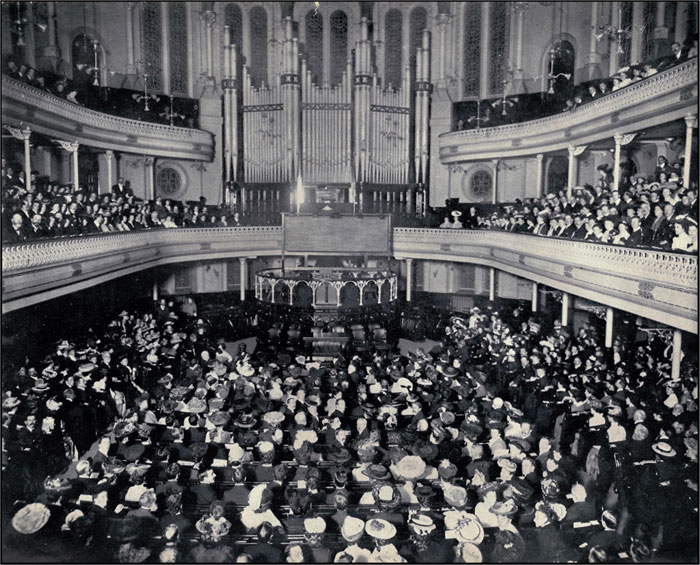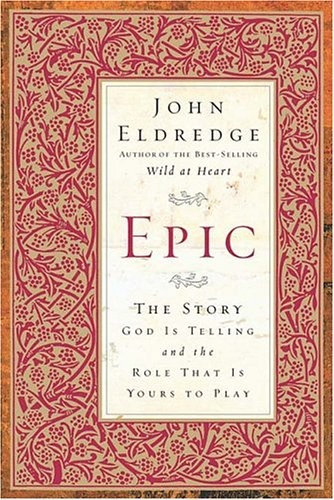Two views
From A Year of Biblical Womanhood, by Rachel Held Evans:
Tamar joins a storied troupe of crafty and courageous women who used trickery, sexuality, and manipulation to work the patriarchal system to which they were born and survive to change the course of Israel’s history. In fact, Tamar holds the rare distinction of being one of only four Old Testament women mentioned in the genealogy of Jesus. The others include Bathsheba (a mistress), Ruth (a foreigner), and Rahab (a prostitute).
God, it seems, prefers chutzpah to status.
Maybe those are false alternatives — chutzpah vs. status. I can’t see how either counts for much to God.
The fact that God uses flawed and sinful people hardly means he likes flaws or sin. Yet both the men and the women he uses over the course of working out his ultimate redemptive purpose are flawed and sinful. Impure. Tricky. Manipulative. Moses kills someone and covers it up. Abraham lies twice about his wife. Jacob deceives his brother and his father. And the list goes on.
I read another explanation of this recently that makes a lot more sense to me than, “God prefers chutzpah.” It’s in Peter Enns’ Telling God’s Story:
We must think carefully about the manner in which these biblical characters are portrayed. They are morally complex — not simply “good” or “bad.” This reinforces my earlier point: the central point of these stories is not to give us moral guidance. Certainly, we are not to walk away from the Jacob story thinking, “My, what a good lie Rebekah told. Go and do likewise.” But neither is the story there simply to give a negative lesson about not lying. If it were, the Bible’s main message would appear to be “If you are a good boy or girl, God will like you.” The biblical drama will never be grasped as long as such a notion is allowed to predominate.
Yes.
The biblical drama isn’t about the superiority of the human specimens God uses to work out his plans. It’s not about his choosing them because he prefers their method of operation. It’s about how the worse we are, the more meaningful his grace becomes. He uses “the foolish to shame the wise” and “the weak to shame the strong” not because foolishness or weakness are admirable traits, but because they highlight how little our salvation has to do with our performance — and how much it has to do with God’s mercy and grace and love.



5 Comments
Barbara H.
Amen. Love this: “The fact that God uses flawed and sinful people hardly means he likes flaws or sin. Yet both the men and the women he uses over the course of working out his ultimate redemptive purpose are flawed and sinful.”
Elisabeth Elliot used to say God uses sinners because that’s all He has to work with. Strictly speaking, He could do everything Himself or through angels, so He doesn’t “have” to use us, yet what grace and condescension that He does. And I agree that it shows up His mercy and grace all the more.
Alice@Supratentorial
Totally agree! I have thought about reading the Year of Biblical Womanhood but have too much else on my stack right now. I just went back and read your post on Enns’ book and I’m very intrigued. I just may have to add that to my list.
bekahcubed
Yes, yes, yes! I completely agree with you.
I am disappointed when Biblical narratives are turned into moral tales of “should” and “shouldn’t” dos. If only we read the narratives as they were meant to be read–as testimonies of God’s working in and through and (sometimes even) despite fallen humanity.
Ruth
I can’t wait to read what your overall opinion of that book is. I read Rachel Held Evans’ blog quite often, and I’m very curious about the book. I’ve read some very enthusiastic pro reviews, and some strongly con reviews, too.
Amy @ Hope Is the Word
I’ve read some of the controversy over RHE’s book, and I have to say that none if it really makes me want to read it. However, this post does make me eager to read more of Enns!